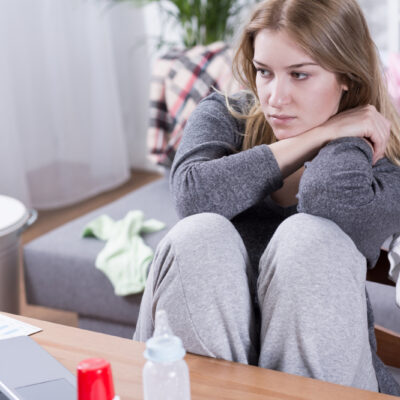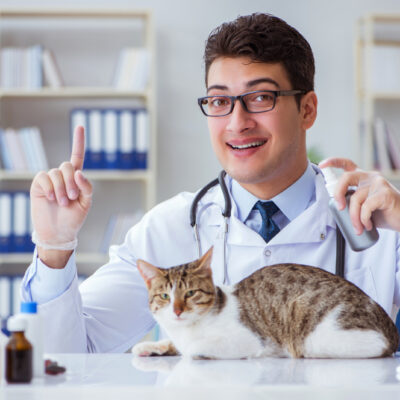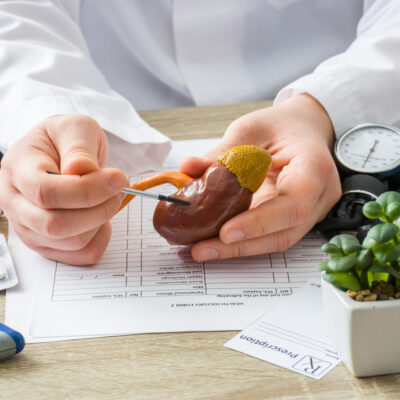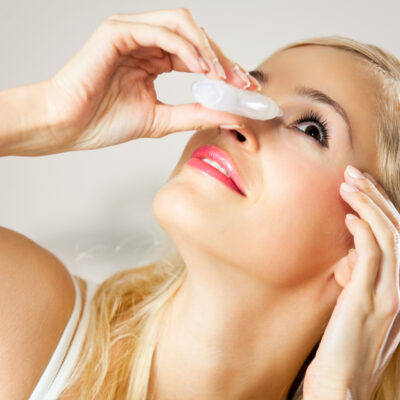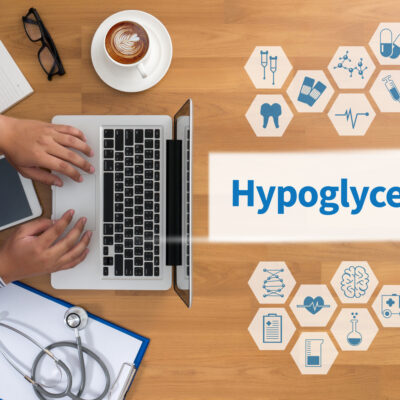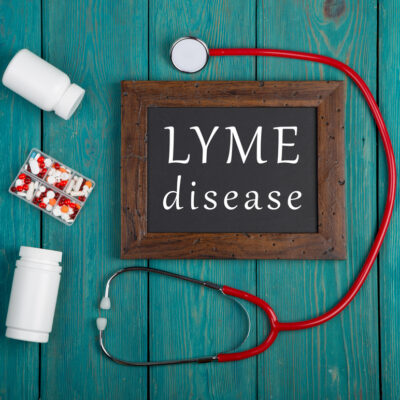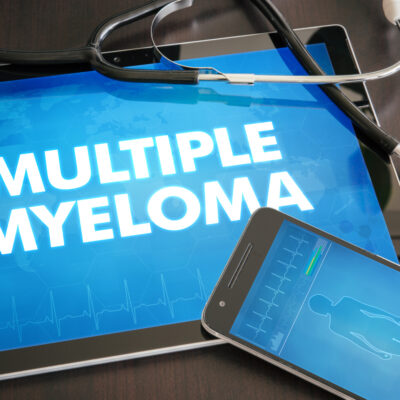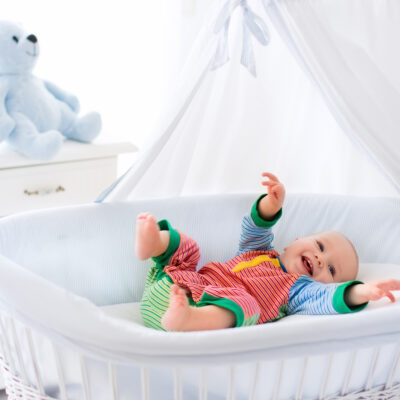
Healthy Living
5 Dangerous Baby Products to Avoid
As new parents, we often want to provide the best possible environment for our little ones. We buy all sorts of baby products, from car seats to baby mattresses and from strollers to cozy bedding sets, without realizing that some of these items could be dangerous to our newborns. In this article, we will discuss five baby products that could pose a risk to your baby’s safety: 1. Soft crib mattresses and loose blankets Soft crib mattresses and loose blankets may seem like a cozy place for your newborn to sleep, but they can be dangerous. Soft bedding increases the risk of suffocation and Sudden Infant Death Syndrome (SIDS). Babies should sleep on a firm crib mattress covered with a fitted sheet and no other bedding. 2. Infant walkers Infant walkers may seem like a great way to help your little one start walking, but they can be dangerous. Walkers can tip over easily, causing your baby to fall and get injured. They can also give babies access to dangerous areas, such as stairs or hot stoves, that they might not be able to reach otherwise. Instead of using a walker, encourage your baby to practice walking with your help.
Read More 
